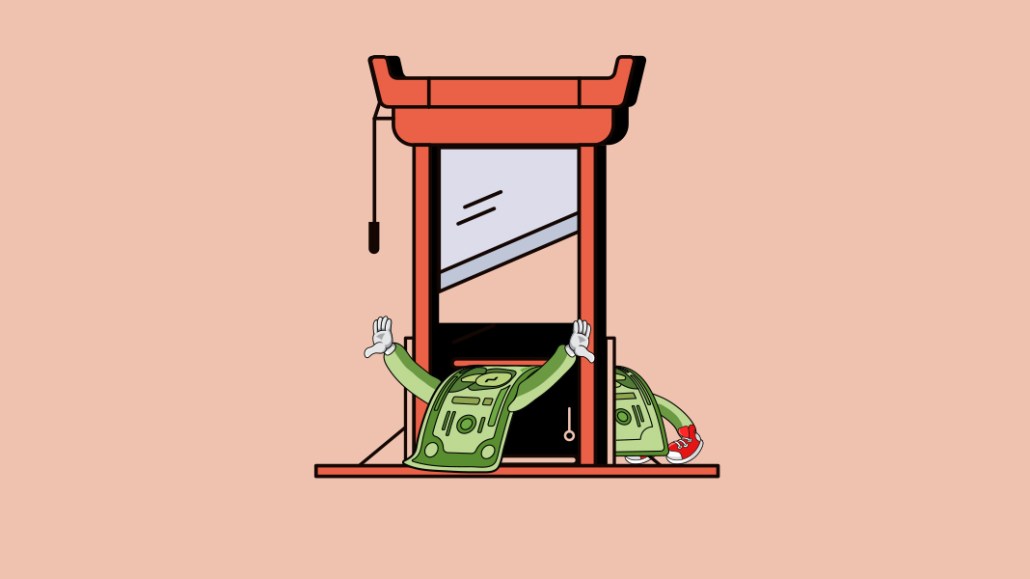‘You’re only taking so many bets’: How an online veterinary care startup is slashing its marketing budget ahead of economic downturn

As the industry braces itself for the possible economic downturn, online veterinary care startup Dutch is working to recession-proof its marketing budget, cutting it by 90% and narrowing efforts to SEO.
Dutch isn’t alone in retooling plans to deal with ongoing economic uncertainty. In recent weeks, most marketers are looking for ways to get the most bang for their buck, requiring more hand-holding from agency partners, according to previous Digiday reporting.
As a startup with a limited budget (and limited funding as investors hold onto their dollars a little tighter with a potential looming recession), “you’re only taking so many bets,” said Joe Spector, founder and CEO of Dutch.
SEO is a channel the startup experimented with in the past, ramping up paid search and key term efforts after seeing initial success in its first year of business, Spector said.
“We’re making a bigger investment in SEO because now we clearly see that it’s leading to results and conversions,” he said, adding that the change has led to higher website traffic and customer retention.
Historically, the one-year-old, California-based startup frequently spent up to $750,000 on advertising and marketing on channels like Facebook, Instagram, Google display and Google AdWords, according to a spokesperson for the brand. But by March of this year, that figure was slashed by 90%, allocating a bigger portion of spend to paid search. Around that same time, per Spector, Dutch went from spending an estimated $25,000 a month on SEO to $75,000 per month now.
There are plans to increase that investment in SEO, according to Spector. He added that while the budget has decreased, the optimized efforts and beefed-up SEO strategy led to higher website traffic and increased customer retention. He did not provide specific figures.
That’s not to say that paid search and SEO is the end all, be all of Dutch’s marketing strategy. Given its limited budget, Facebook was narrowed from a brand awareness channel to a way to retarget customers, per the CEO.
Brands are increasingly nervous about their media investments ahead of a potential recession, said Shalanna Clark, head of marketing at Code3 digital marketing agency. She said while not many Code3 clients have sought to slash budgets, there have been conversations around maintaining budgets or testing other channels that may become cheaper with a recession.
“It does pay off, but it is a slow build,” Clark said of the brand’s SEO investment, adding that SEO is often an investment that takes a while to see results. Still, media channel diversification is key in the long run, per Clark. “If you have some sort of test budget, even if it’s small, there is an opportunity to gain some share,” she said.
With at least a year in business, Dutch has found its footing and where it fits in the marketplace. That being said, they’re looking to invest in brand awareness next year with experimental channels, according to Spector.
“Brand is a tax that you have to invest in all the time. That’s something we’re gonna revisit now that we’ve starved ourselves a little bit,” he said. “We’re ready to eat a little bit on the brand side.”
More in Marketing

Zero-click search is changing how small brands show up online — and spend
To appease the AI powers that be, brands are prioritizing things like blogs, brand content and landing pages.

More creators, less money: Creator economy expansion leaves mid-tier creators behind
As brands get pickier and budgets tighten, mid-tier creators are finding fewer deals in the booming influencer economy.

‘Still not a top tier ad platform’: Advertisers on Linda Yaccarino’s departure as CEO of X
Linda Yaccarino — the CEO who was never really in charge.








